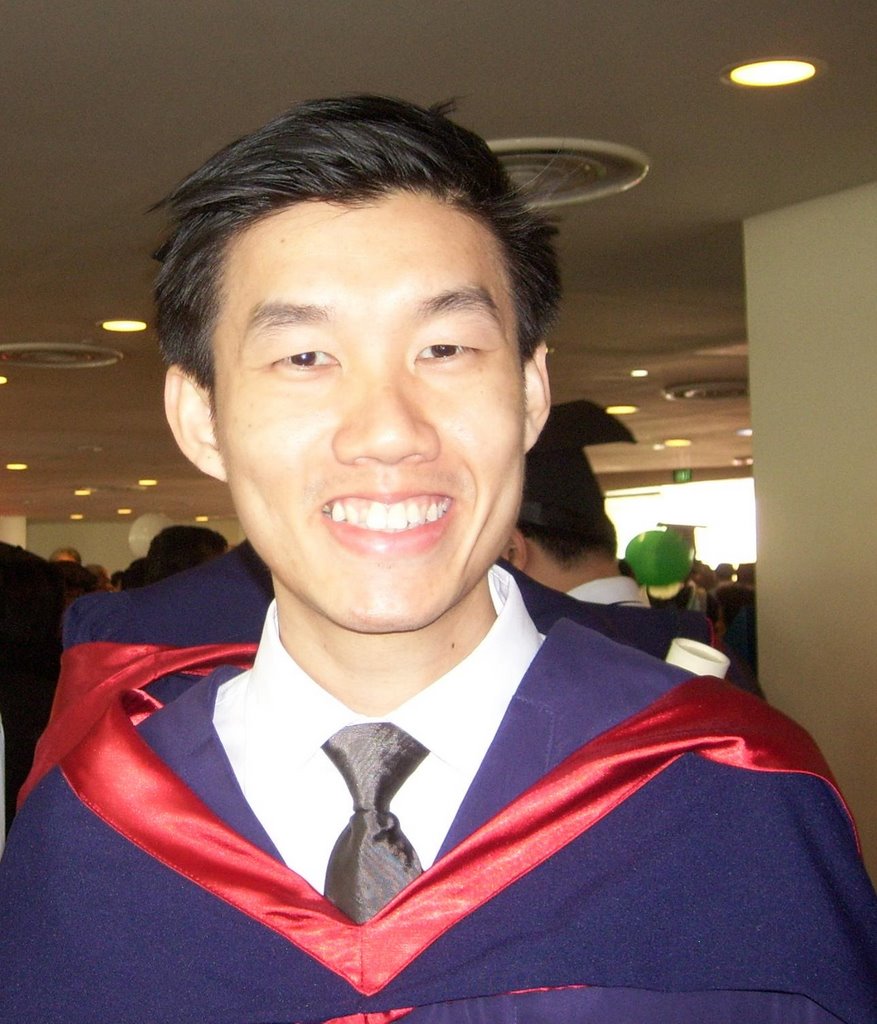90 min delay
400 ferried by bus between Punggol and Sengkang stations on NEL
By Goh Chin Lian
THE North-East Line (NEL) ran into its longest delay yet early yesterday, when services between Punggol and Sengkang were disrupted for about 90 minutes.
The glitch, which happened shortly after 6am, meant 400 commuters had to take buses instead.
Rating for NEL: 8/10
THAT'S the score that Acting Transport Minister Khaw Boon Wan gave the NEL despite the delay yesterday, saying that compared to the North-South line when it first opened in 1987, 'we've done much better'.
Despite the morning hold-up and another 10 delays of five to eight minutes since the line opened five days ago, Acting Transport Minister Khaw Boon Wan yesterday gave the line a rating of eight out of 10.
Mr Khaw, who took an official ride at about 10am, said that the rash of short delays had been caused by commuters accidently activating an emergency call button near the train door.
As for yesterday's technical fault, he said: 'There will be these little glitches here and there. The important thing is to find out what the reason is.'
The operations control centre at Sengkang depot was alerted to a fault at Punggol station at 6.09am.
The system automatically shut down the tracks there, so trains could not move out.
Engineers rushed to Punggol station to change a faulty modem card in a computer that communicates with the train control system.
NEL operator SBS Transit also mobilised 35 buses to ferry passengers to Sengkang station, until train services between the two stations resumed at 7.35am.
Except for a 15-minute hold-up at Sengkang station at 6.24am, the rest of the line was not delayed.
Despite the line's teething problems, Mr Khaw's overall assessment was upbeat.
Compared to the first five days of the North-South Line when it opened in 1987, 'I think we've done much better', he said.
He was confident that SBS Transit would iron out NEL's glitches faster than the two years it had taken SMRT for the North-South Line.
But, he said, SBS Transit would have to address commuters' feedback to earn a higher performance rating from him. One area it should address, he said, was the lack of signs in Chinese at Chinatown station.
He also felt that announcements in the train were too jarring, and that the announcements which were made in different languages at Little India station should be more concise.
Mr Khaw defended the Government's decision to build the fully-automated line, despite public grumbles about having to pay high- er fares for the system while being told to expect glitches.
He said Singaporeans should not shy away from automation.
'If you are not prepared to break new ground and try out new technology, there will be no progress,' he said.
Other commuters have asked why the NEL fares cannot be the same as those on the North-South and East-West lines, instead of being between five and 25 cents higher.
Mr Khaw said that if the fares were the same for the entire MRT system, all train commuters would end up paying more to subsidise the new $5-billion line, instead of just its users.
So can NEL fares be lowered given that the Public Transport Council (PTC) approved them without knowing Buangkok station would not open for now?
Not likely, said Mr Khaw.
That is because the PTC had turned down SBS Transit's original bid for a higher fare structure, so any money saved on not opening Buangkok would help to offset this projected shortfall.

No comments:
Post a Comment